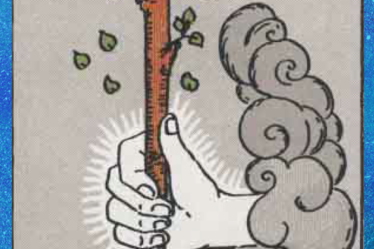
Shiseido has doubled down on its commitment to China, even as it cuts its full-year forecast due to dampened local demand. Sales were down 10 percent in the region in the Japanese conglomerate’s third quarter earnings.
Chief executive Toshinobu Umetsu told China Daily that the company is “never shaken” in its determination to invest in China, that they plan to “beef up” investment, and that they are “fully confident” in the market.
The Chinese beauty market is the world’s second largest, poised to reach $96 billion by 2027, per The Business of Fashion State of Fashion: Beauty report with McKinsey. As well as its name-brand line, Shiseido owns brands such Clé de Peau Beauté, Nars and Drunk Elephant.
Years of sustained growth and ever-richer consumers have made the region attractive to global brands, but the Chinese retail market has its own quirks and the consumers their own qualms. Platforms such as Tmall and Xiaohongshu must also be mastered.
Shoppers have recently been turned off Japanese-owned brands following the release of treated radioactive water from the Fukushima plant, with a social media call to boycott targeting personal care brands in particular.
In November, Shiseido reduced its forecast for core operating profit by 42 percent to ¥35 billion ($231 million) for 2023 reflecting the effects of the boycott. Revenue forecast was also cut by 2 percent.
China has also been a sore spot for Estée Lauder Companies, which has struggled with lower demand and inventory issues following the pandemic.
Learn more:
How Mini Beauty Became Big Business
Once seen as a last-minute impulse purchase, bite-sized products are becoming a main attraction for prestige brands and retailers looking to widen their customer base.



